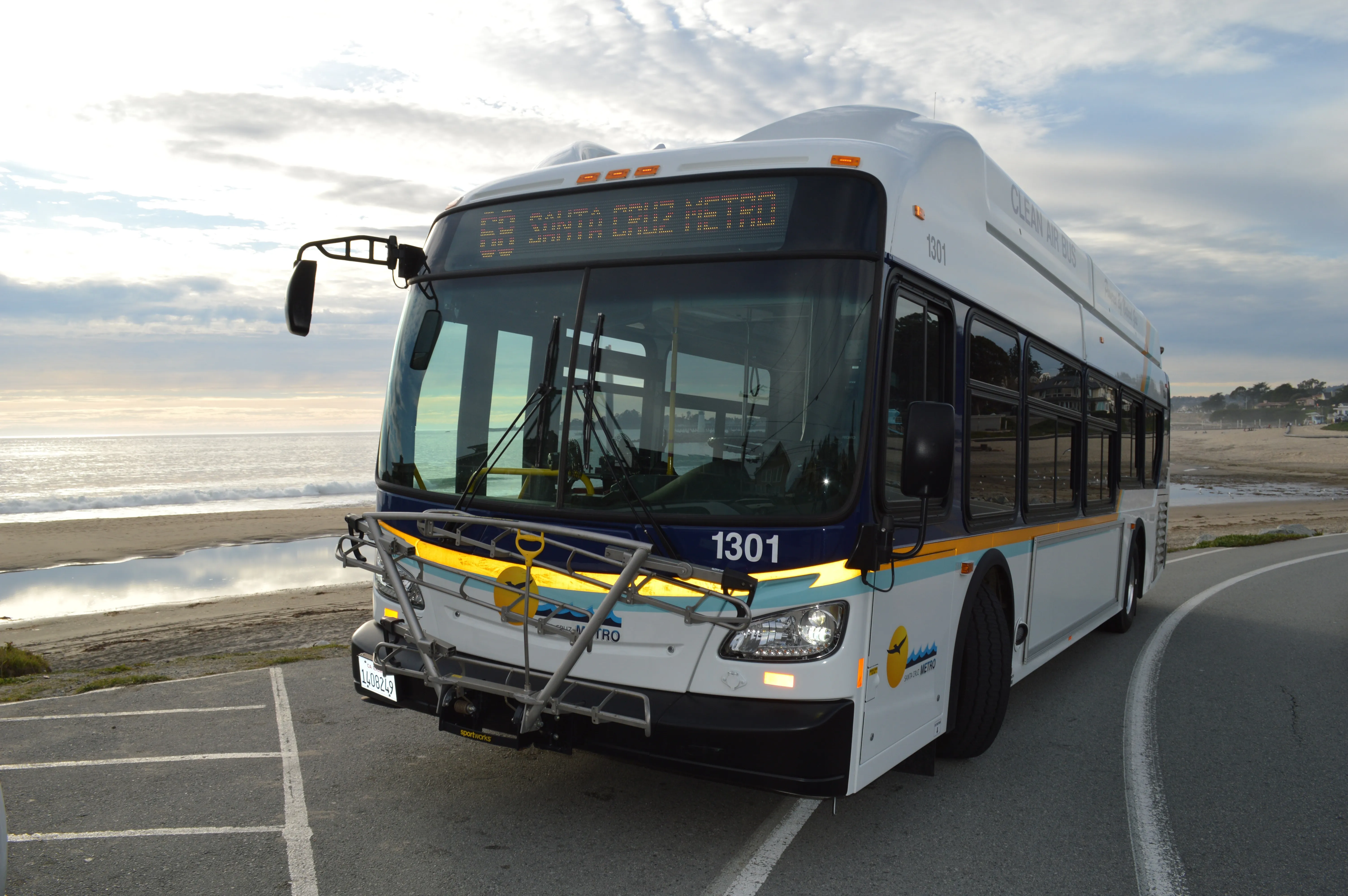Massachusetts Bay Transportation Authority (MBTA) and Masabi US, a transit mobile ticketing specialist, have jointly announced that they will be bringing mobile ticketing to MBTA commuter rail riders later this year. With applications for iPhone, Android, and Blackberry, customers will be able to seamlessly purchase commuter rail tickets and passes and, once they are purchased, customers will be able to use and display directly via their phone screen.
April 24, 2012
Read time: 2 mins
“With this new and innovative approach, we are putting a ticket machine right in the palms of our customers’ hands,” said acting MBTA general manager Jonathan Davis.
Less than half of MBTA’s 140 commuter rail stations have fare vending machines, forcing many customers to pay for tickets on board. But that will soon change as riders will be able to purchase tickets via credit or debit cards directly from their phones. Monthly pass holders will be able to seamlessly link a plastic CharlieCard to their pass allowing them “tap-in” instead of using magnetic tickets for the MBTA subway and bus systems.
The new solution will help the MBTA reduce costs by eliminating the need for additional vending machines and lowering cash handling costs. Masabi will provide a comprehensive mTicketing solution including consumer-facing applications, backend servers, payment integration and scanning/validation software for train conductors.
In the coming months, the MBTA will be inviting customers to participate in designing the new applications via focus groups and a small group pilot which will roll out in late summer.







